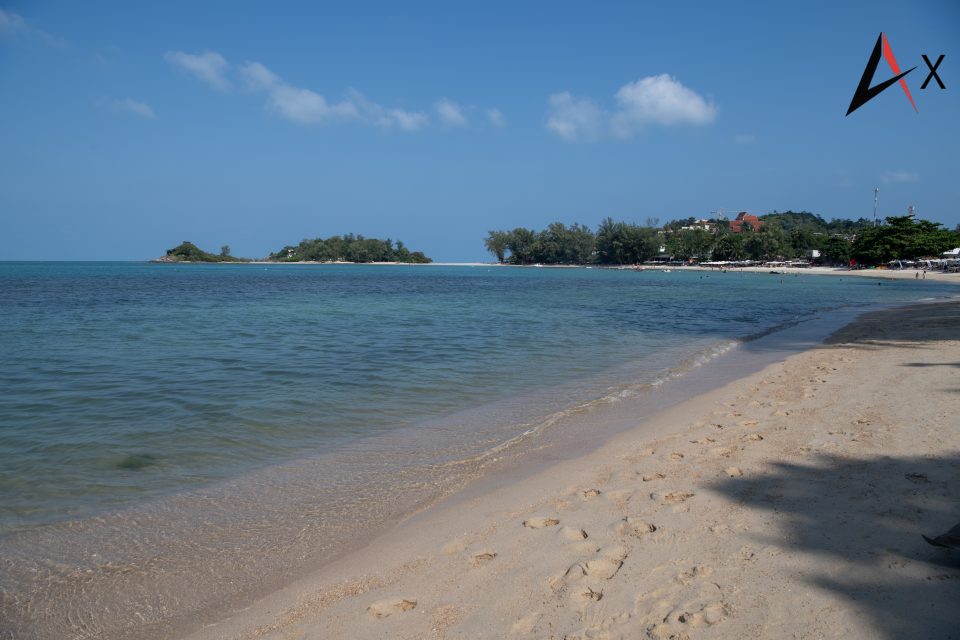The Tourism Authority of Thailand (TAT) is closely observing the US market for any consequences arising from the new US tariff policy, as tourism operators in Samui express concerns that these taxes could hinder their ability to capitalize on potential profits from “The White Lotus” TV series, due to reduced purchasing power among travelers.
Ratchaporn Poolsawadee, vice-president of the Tourism Council of Thailand, indicated that the country may not gain as much this year from the success of “The White Lotus,” which was filmed in Samui and Phuket.
Mr. Ratchaporn, also a former president of the Tourism Association of Koh Samui, noted that the US tariffs might lead to increased living expenses in the US, causing prospective tourists to limit their travel budgets for leisure in favor of essential needs.
The tourism sector has faced several challenges this year, including the reduction of USAID under US President Donald Trump, which has decreased the number of long-term expatriates employed by the agency in Thailand.
However, Mr. Ratchaporn suggested that Thailand could attract foreigners looking to relocate for a more affordable living environment with warm hospitality.
The TAT highlighted that higher tariffs could drive up living costs in the US, affecting tourists planning international trips.
As of March 31, the number of US visitors to Thailand reached 320,631, representing a 14.4% year-on-year increase. This growth contributed to a total of 484,270 visitors from the Americas, marking a 15.1% rise year-on-year, according to the authority.
In 2024, Thailand welcomed over 1.03 million visitors from the US, and the TAT aims to boost this market by 10% this year, targeting 1.13 million arrivals, the same level recorded in 2019.
The average spending by US tourists in 2024 was 75,663 baht per visit.
With three TAT offices in the US monitoring traveler sentiment to forecast market trends over the coming months, the agency is set to launch joint promotions with airlines to stimulate demand in the near future.
Recently, United Airlines announced plans to operate daily flights to Bangkok from Los Angeles and San Francisco in October, via Hong Kong.
The TAT also intends to urge other airlines serving North American routes, including Air Canada, which operates flights between Vancouver and Bangkok, and Delta Airlines, which connects travelers to Thailand through South Korea via a partnership with Korean Air, to enhance their capacity to Thailand.
The agency mentioned that it would require additional time to assess the long-term effects of Trump’s tariffs on the global economy and the tourism industry. They predicted that tourists might prefer domestic or nearby destinations over longer, more costly international trips.





